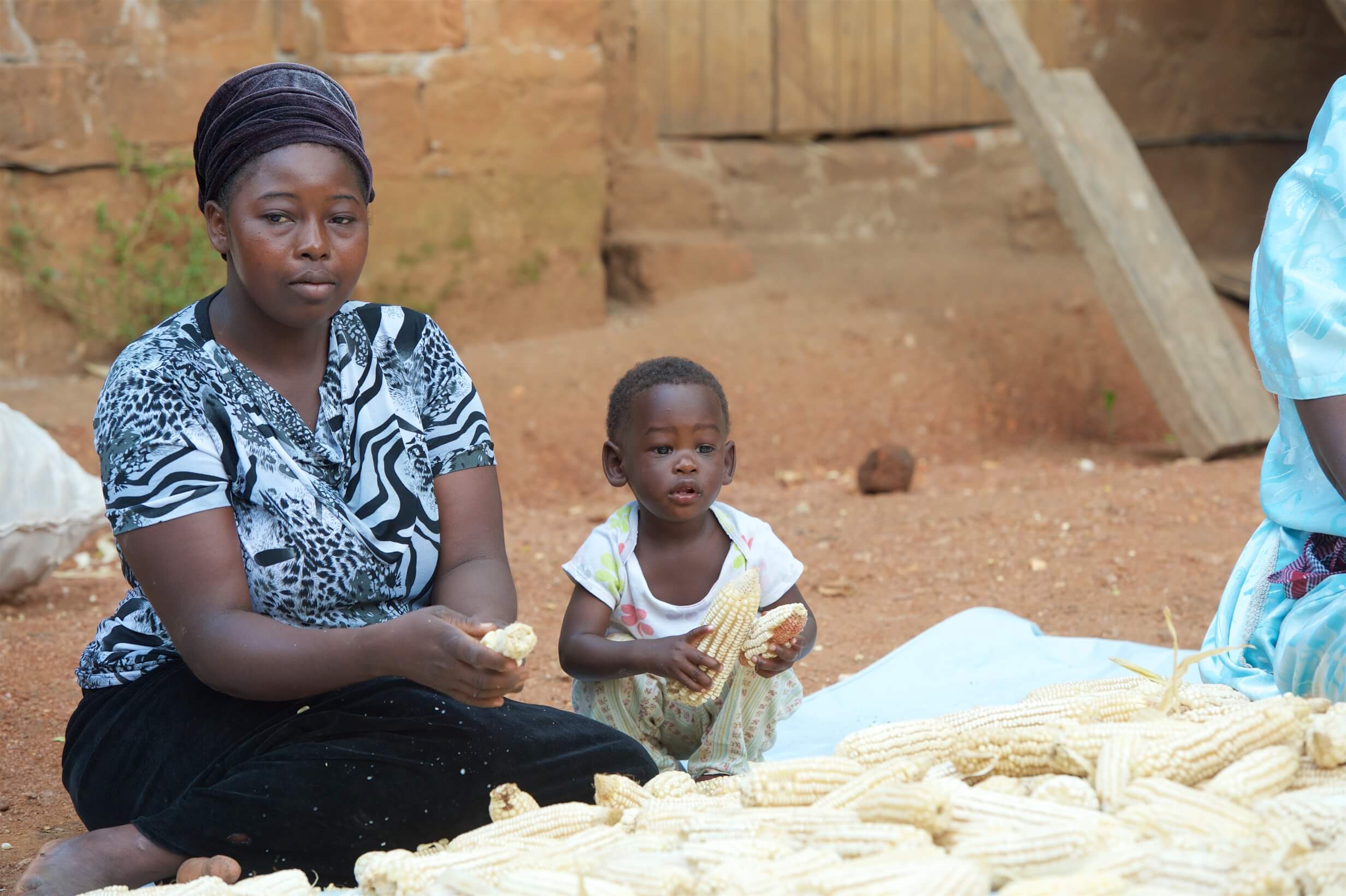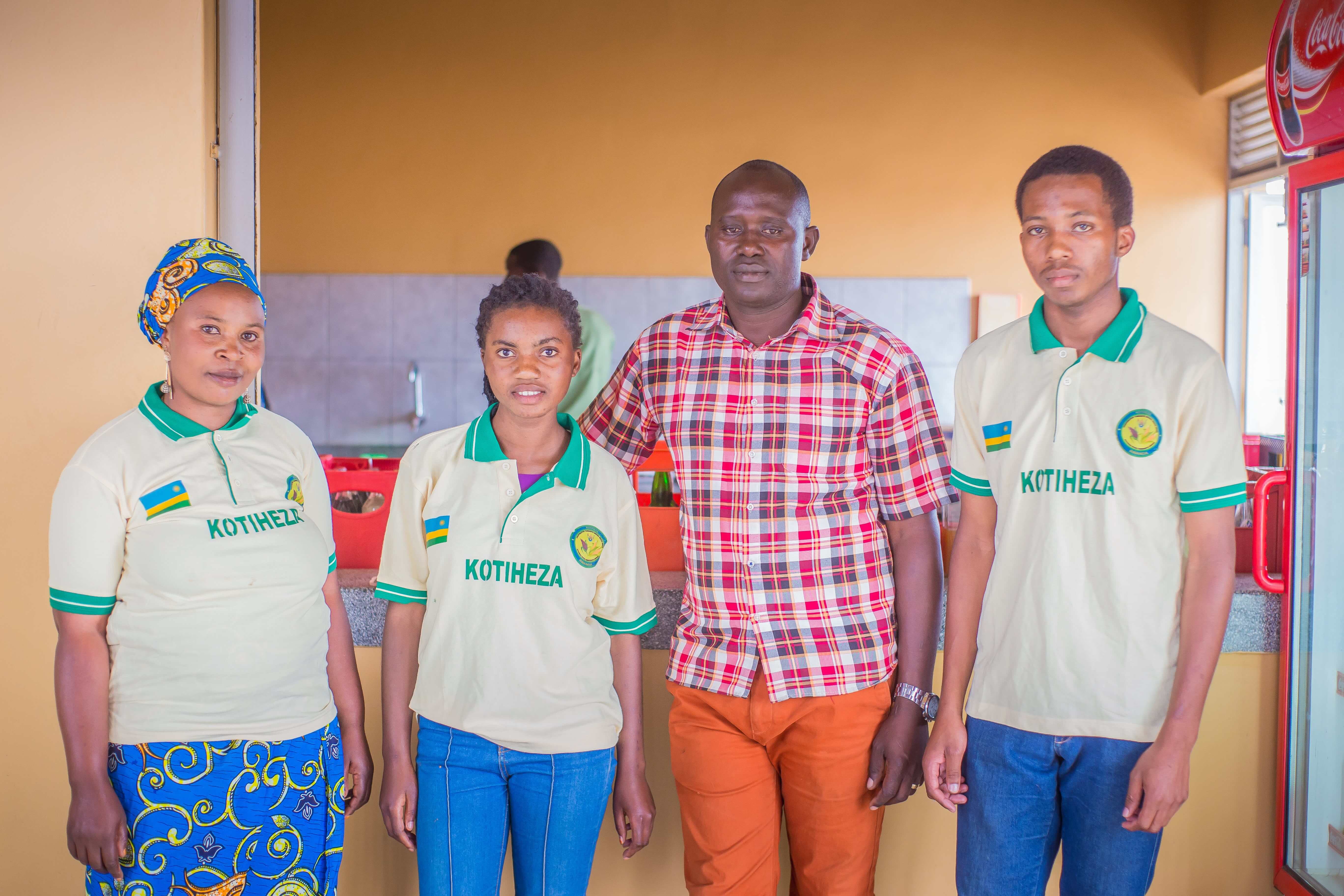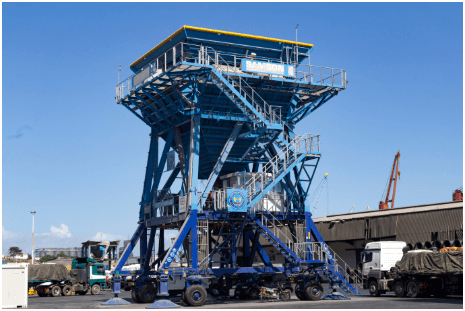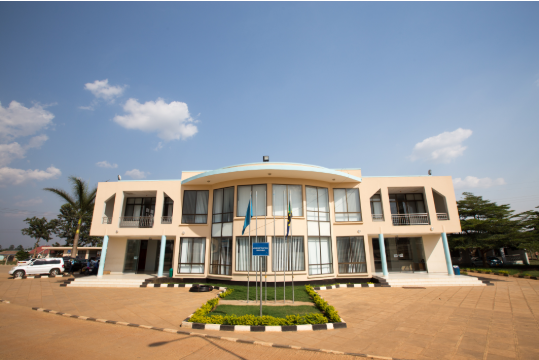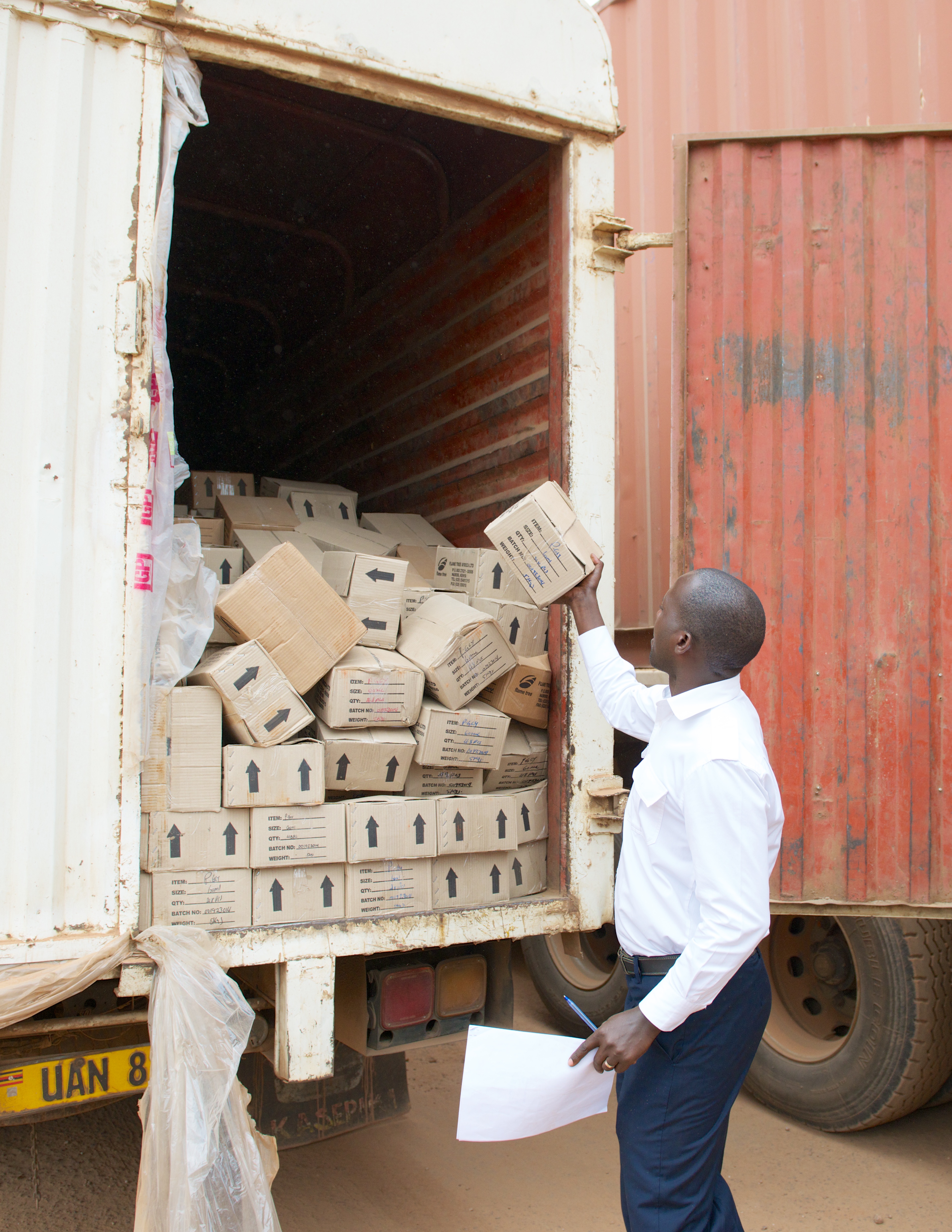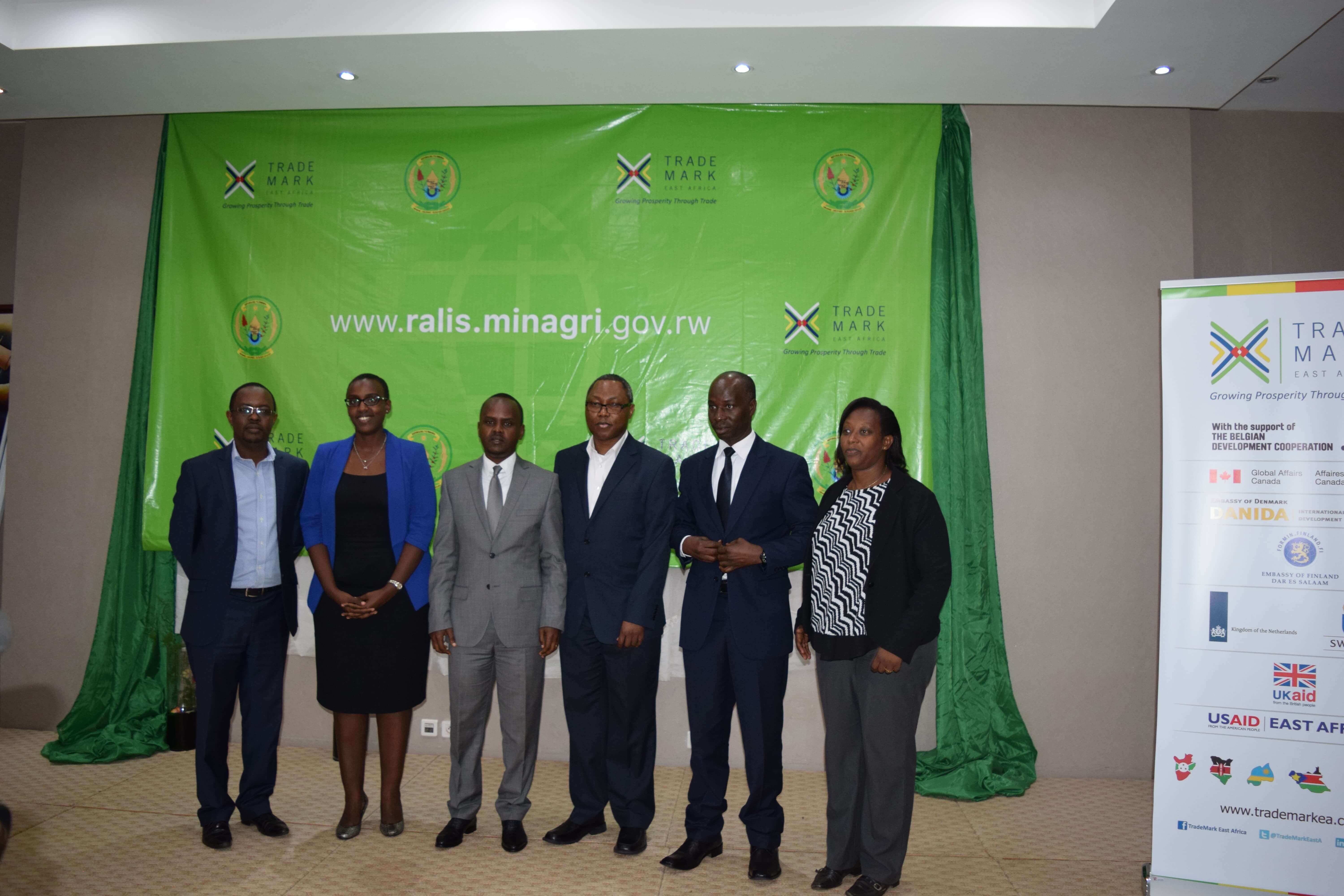In Gulu, Northern Uganda, Santa Joyce Laker leads a cooperative society of 4,070 farmers and traders, 3,000 of whom are women. Her story is an example of recovery and resilience after disaster, rising to succeed against the impact of conflict that plagued the region for almost 20 years. From rape to death of loved ones, to being displaced and facing hunger, Joyce says she saw it all, and so have many members of her cooperative. When the opportunity to do business presented itself, she run with it and co-founded Atiak Outgrowers Cooperative Society. As in many post conflict places, it is the steady hand of optimists seizing opportunities and being on the front lines that lead the way for their communities to begin recovery from the aftermath. Joyce was the optimist in Gulu. The Atiak Outgrowers Cooperative Society collectively grows and trades sugarcane, sesame, maize, beans, rice, cotton, shea, and honey. The cooperative links members to agricultural inputs, information, agronomic education, collective financing, and markets. This has enabled farmers to double their incomes. Santa founded the cooperative after receiving training from the Uganda Women Entrepreneurs Association Ltd (UWEAL) as part TradeMark Africa (TMA’s) Women in Trade project, funded by Government of Netherlands. Inspired by the lessons on managing businesses profitably and collective power, Santa began organising other women back home in Gulu. She convinced them that forming a cooperative will help them access bigger more lucrative urban markets directly. TMA’s women and trade project is premised on the fact that...
The resilience of a Uganda woman trader has moved a community of 4000 from challenge to success
Posted on: February 3, 2020
Posted on: February 3, 2020

